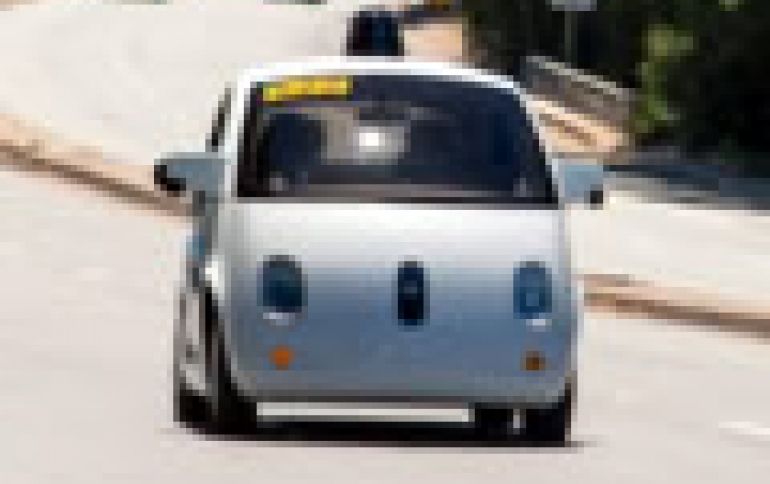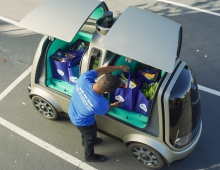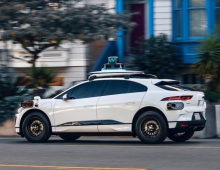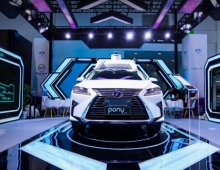
Study Shows That Google's Self-driving Cars Crash Less Frequently Than Conventional Cars
Google, eager to demonstrate its self-driving vehicles are safe, says that its high-tech cars are involved in fewer crashes on average than vehicles with a driver behind the wheel. A study commissioned by Google and released on Friday by the Virginia Tech Transportation Institute shows, looked only at Google's fleet of more than 50 self-driving cars, which has logged 1.3 million miles in Texas and California in self-driving mode.
The test fleet has reported 17 crashes over the last six years, although none were the fault of the self-driving cars, Google said.
After adjusting for severity and accounting for crashes not reported to police, the study estimated cars with drivers behind the wheel are involved in 4.2 crashes per million miles, versus 3.2 crashes per million miles for self-driving cars in autonomous mode.
Crash rates for conventional vehicles at all severity levels were higher than self-driving crash rates, the study found.
Another study released in October by the University of Michigan Transportation Research Institute compared crash rates among Google, Delphi and Audi self-driving cars in 2013 and found they had a higher rate than for conventional cars.
But that study noted the low volume of driverless miles -- 1.2 million compared with 3 trillion miles driven annually on U.S. roads.
In December, California proposed state regulations that would require all autonomous cars to have a steering wheel, throttle and brake pedals when operating on California’s public roads.





















